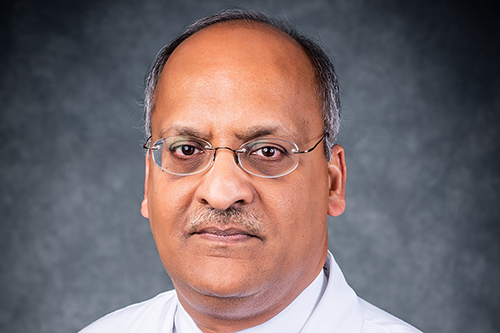 In the world of medical research, physicians have relationships with many sorts of entities—hospitals, universities, pharmaceutical companies, corporations, nonprofit organizations and more. When an academic journal accepts a paper from a researcher or physician, that acceptance typically comes with the stipulation that the author(s) disclose absolutely any and all potential conflicts of interest.
In the world of medical research, physicians have relationships with many sorts of entities—hospitals, universities, pharmaceutical companies, corporations, nonprofit organizations and more. When an academic journal accepts a paper from a researcher or physician, that acceptance typically comes with the stipulation that the author(s) disclose absolutely any and all potential conflicts of interest.
Over the past year, the topic of disclosure has become a hot button issue—as several prominent leaders in the medical research landscape have failed to appropriately list their affiliations—both monetary and otherwise. Publications like the Journal of the American Medical Association have touched on the new challenges that authors face as well as how some fields of research pose unique demands. In fact, the topic of disclosures is so of-the-moment that AAMC President and CEO Darrell G. Kirch, M.D., recently shared a message entitled, “The integrity of our research depends on the full disclosure of industry relationships.” He begins the article by asserting, “The relationship between academia and industry is usually a positive force for innovation.” However, he goes on to explain how researchers and physicians must do their absolute best to ensure that honest scientific inquiry and the good of the patient are never threatened by a lack of disclosure.
Kirch continues by describing how the AAMC responded to the need for a uniform disclosure system by creating Convey—“a tool designed…to streamline and standardize reporting of any relationships with industry that need to be disclosed for journals, institutions, or other organizations.” This has become one of many tools that individuals and institutions can utilize to prevent any lapses in disclosures.
Here at UAB, we have a very strong system of checks and balances in place for faculty members who are publishing. We want to ensure that we’re giving our researchers plenty of support and guidance to guarantee their success, but the reality is that honest mistakes happen. When they do, you’ll want to correct it as soon as possible. If you don’t disclose a potential conflict of interest and it comes to light later on or if you discover a disclosure that might have been overlooked but choose not to address it, it can undermine your research. Not to mention, it can also serve as a reason why journals choose not to publish your work in the future.
The bottom line is this: in the best interest of integrity, it’s always better to disclose everything—even if you don’t feel that it is related to the work that you’re publishing. The old adage “better safe than sorry” remains apt with regard to the topic of disclosures.